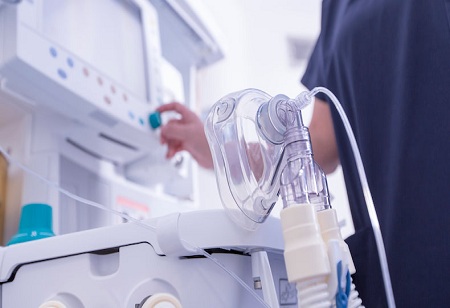Owing to the durability and cost-effectiveness of plastic materials, equipment made out of ceramics, steel and glass are being increasingly replaced by
plastic materials. Arguably, without the use of plastic, modern healthcare would not be possible; right from the smallest tubing, to the MRI machines disposable syringes, intravenous blood bags, heart valves etc. Due to the rise in manufacturing activities, emerging economies, including India, are expected to witness a huge growth of medical devices. As resins have had many uses during the course of mankind, today, they are increasingly getting adapted to the development of
medical devices. The growing demand for robust health care facilities and also the rising number of hospitals has been further driving demand for medical resins. Today, the resin products are extremely useful in reusable and disposable medical devices.
Furthermore, the characteristics of the plastics used define the medical device performance; patient safety is determined by the strength, flexibility, transparency, biocompatibility, temperature and chemical resistance of the properties in the plastic. And to meet ever-growing demand for medical supplies and parts, plastics manufacturers, molders and suppliers are on the front line making sure the highest quality materials are being used. Hence, today it is imperative to select the perfect-fit resin when introducing a new product into the market or improving the integrity of an existing medical device.
Hence, making selection of resin one of the most critical considerations of the entire process right from design considerations to final product; resin selection affects every factor in developing a robust medical device. As overwhelming as it can be to select the best-fit resin, it will be a habit to consider and address various devices to eliminate the wrong resin. The testing can be performed to determine the best resin for the device once the ideal resin candidates have been identified. This consideration will help in removing an entire group of plastics which is not suitable for a particular medical device production.
Some of the factors while considering resins for medical devices are as follows:
● The strength of the device is a key consideration. Its purpose, the environment it will work and the service life determines the overall strength of a medical device. A subject matter expert in engineering grade resins can considerably help in selecting the right resin for the medical device.
● It will be more challenging to mold if the geometry of a medical device is complex. Hence, the plastic molder must receive drawings and/or a 3D printed model early in the process so as to modify the design as needed as per its objectives. To ensure medical device integrity, all resins must seamlessly mate and bond with each other if a medical device will require overmolding.
● Today, nearly anything metal can be made plastic without losing any of its integrity due to the advancements in engineered resins. As contemporary plastics are replacing outdated metal devices, it is important to discuss metal device replacements with your plastic molder early in the process.
